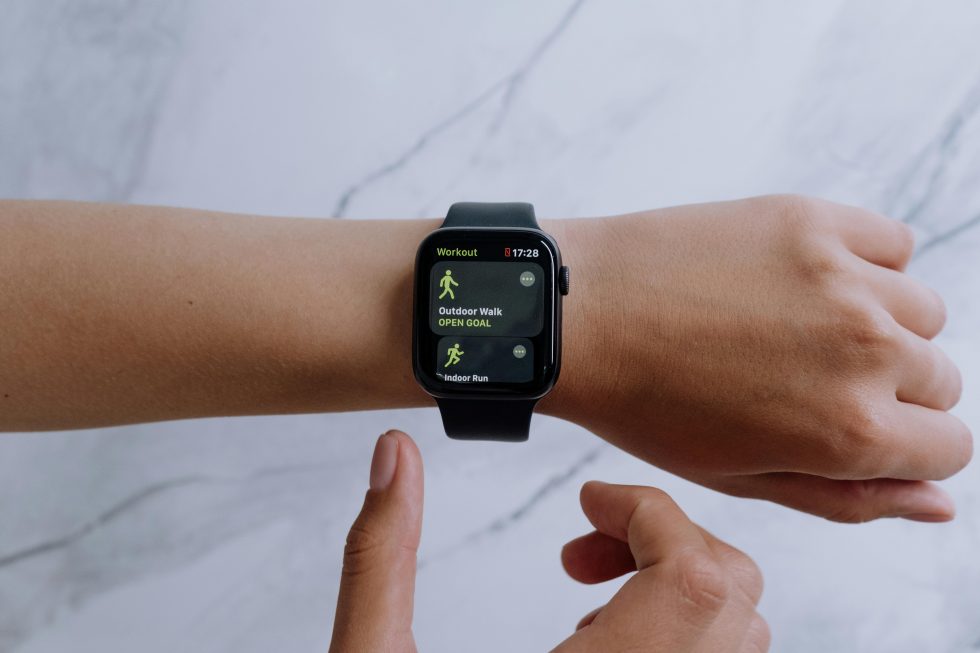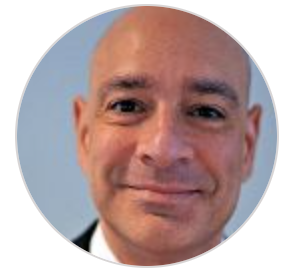Q&A with a Healthspan Expert
Featuring Zahi Fayad, PhD

With that background in mind, we sat down with Dr. Fayad for a quick Q&A on healthspan, a topic for which he is well known for his innovation and advocacy. Here’s what he had to say.

Zahi Fayad, PhD
Professor and researcher at the Mount Sinai Health System
What are some of the factors that influence healthspan?
Dr. Fayad: Genetics certainly plays a role, but we’ve likely overestimated its impact. Genetics may account for high as 20%—or as low as 5%—of health outcomes. That means lifestyle factors such as diet and exercise are incredibly important, as we see in conditions like cardiovascular disease or hypertension. We’re also learning more about the exposome—the cumulative collection of environmental exposures we experience throughout life—which significantly shapes our health and future well-being.
You’re also an electrical engineer. How does that inform your research on healthspan?
Dr. Fayad: In electrical engineering, we design devices and equip them with sensors to monitor performance and detect problems before they fail. That early-warning approach allows us to make corrections before damage occurs. We should apply the same principle to people—continuously monitoring both health metrics and environmental factors so we can intervene early, long before chronic diseases develop and are difficult to treat. That, at its core, is what healthspan is all about.
Where does AI fit into all of this?
Dr. Fayad: AI excels at processing vast, complex datasets—billions of data points gathered at different times and scales—and transforming them into actionable insights. Imagine an AI “doctor,” or rather billions of virtual doctors, running simulations of your health in real time. Drawing on your medical history, wearable sensor data, and other health information, AI could offer precise, daily recommendations tailored to you—suggesting you sleep an extra hour, take more steps, adjust your diet, practice a brief mindfulness exercise to boost cognitive function, or schedule a medical check-up. This kind of personalized, continuous feedback can help keep you on track toward optimal health.
Healthspan is the future of medicine. What’s the first step someone should take to start focusing on theirs?
Dr. Fayad: Start with the basics—simple, consistent lifestyle habits have the greatest long-term impact. Eat a balanced, nutrient-rich diet, stay physically active, get enough quality sleep, manage stress effectively, and nurture strong social connections. From there, consider using wearable devices or other tools to track your health metrics. You might also consider participating in healthspan studies, such as the one we are currently running at Mount Sinai (www.digitwinhealth.com), which comprehensively measures and monitors changes in your health trajectories to better understand and extend your healthspan. Data is power—especially when you use it to make small, informed changes over time.